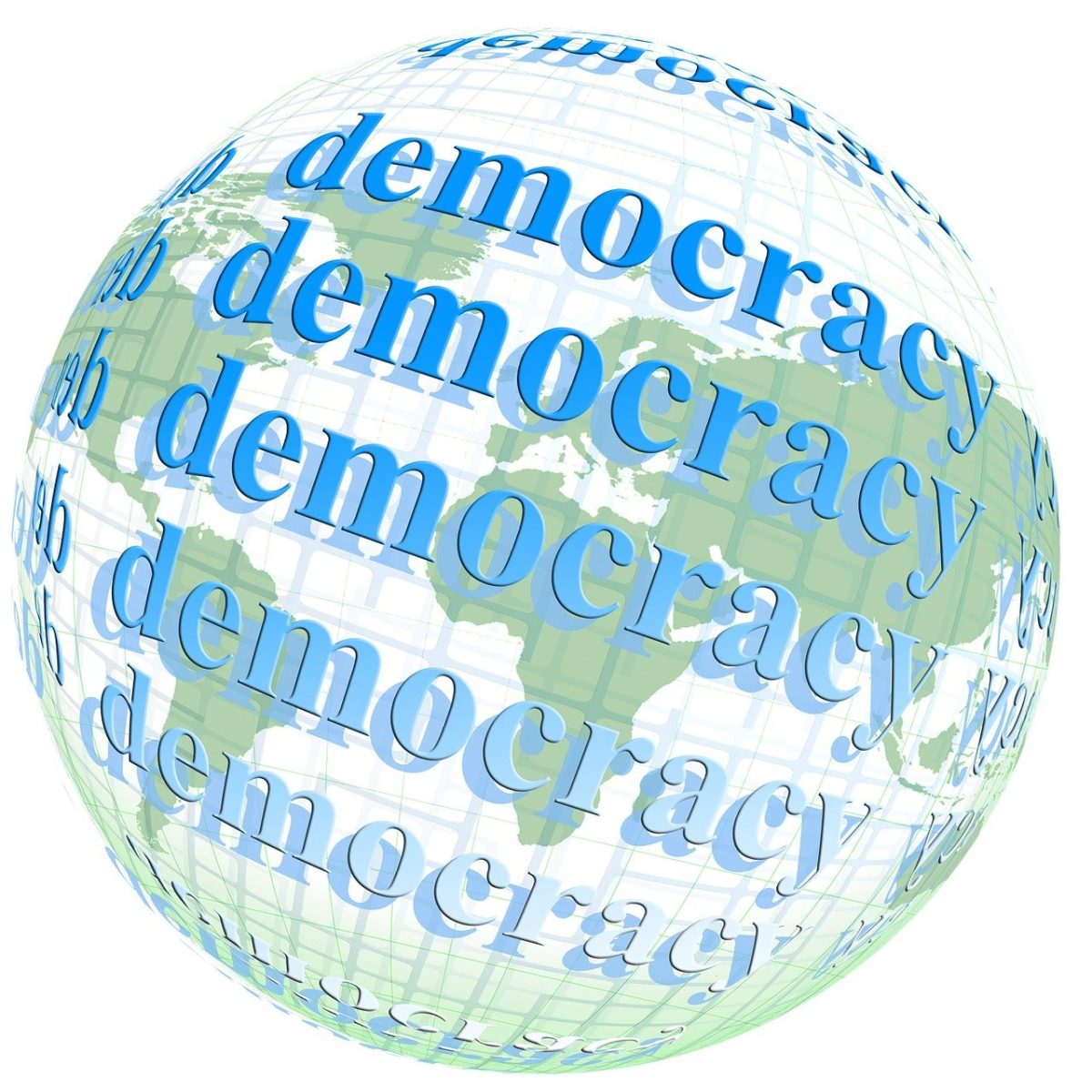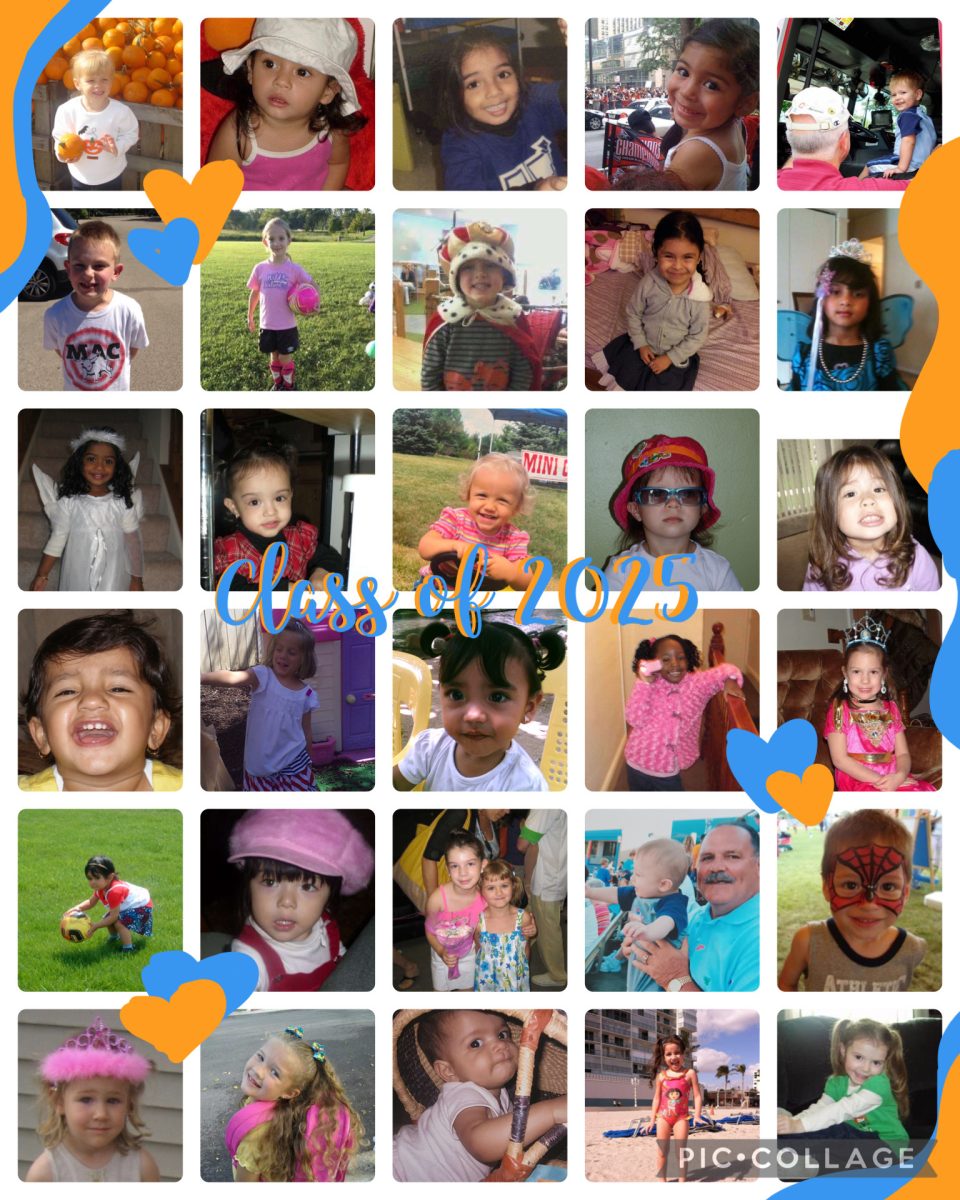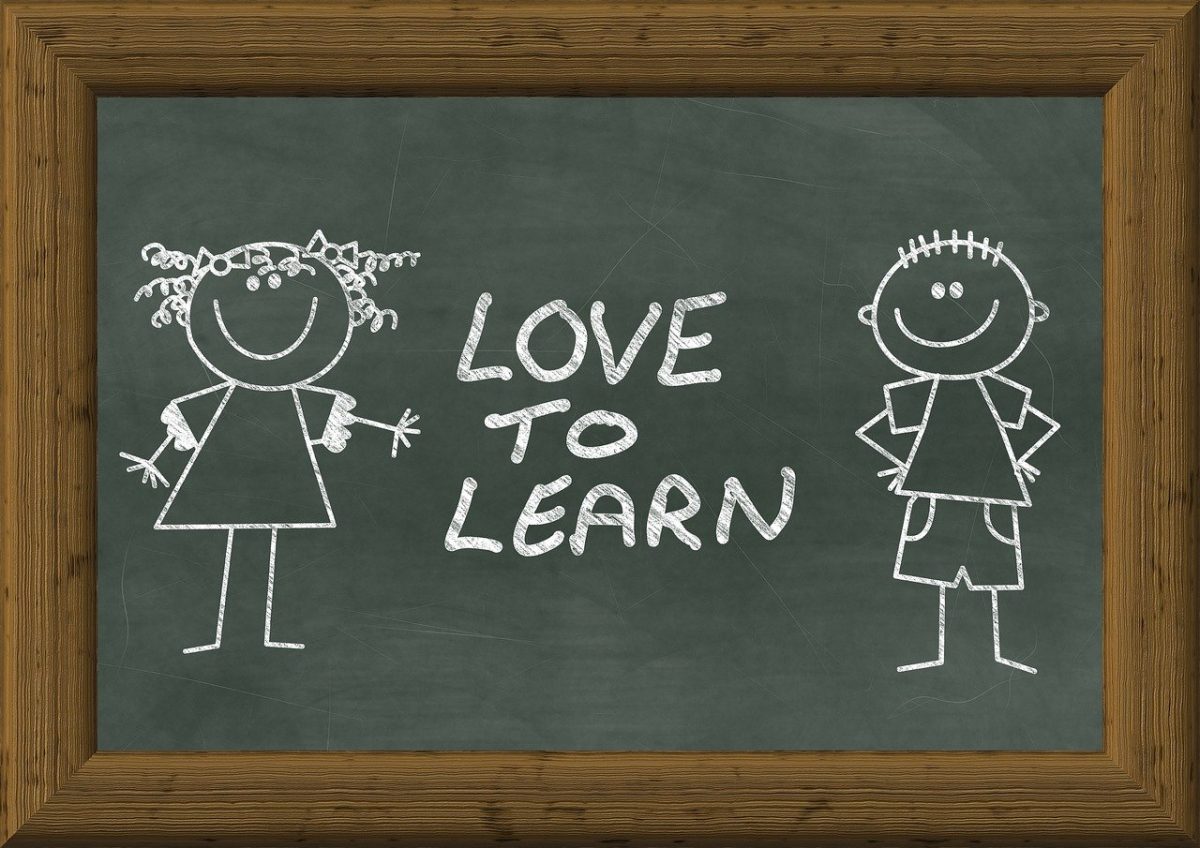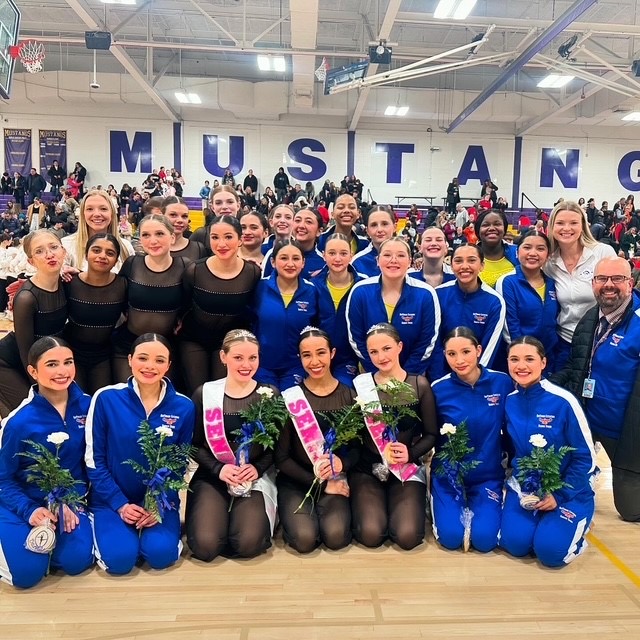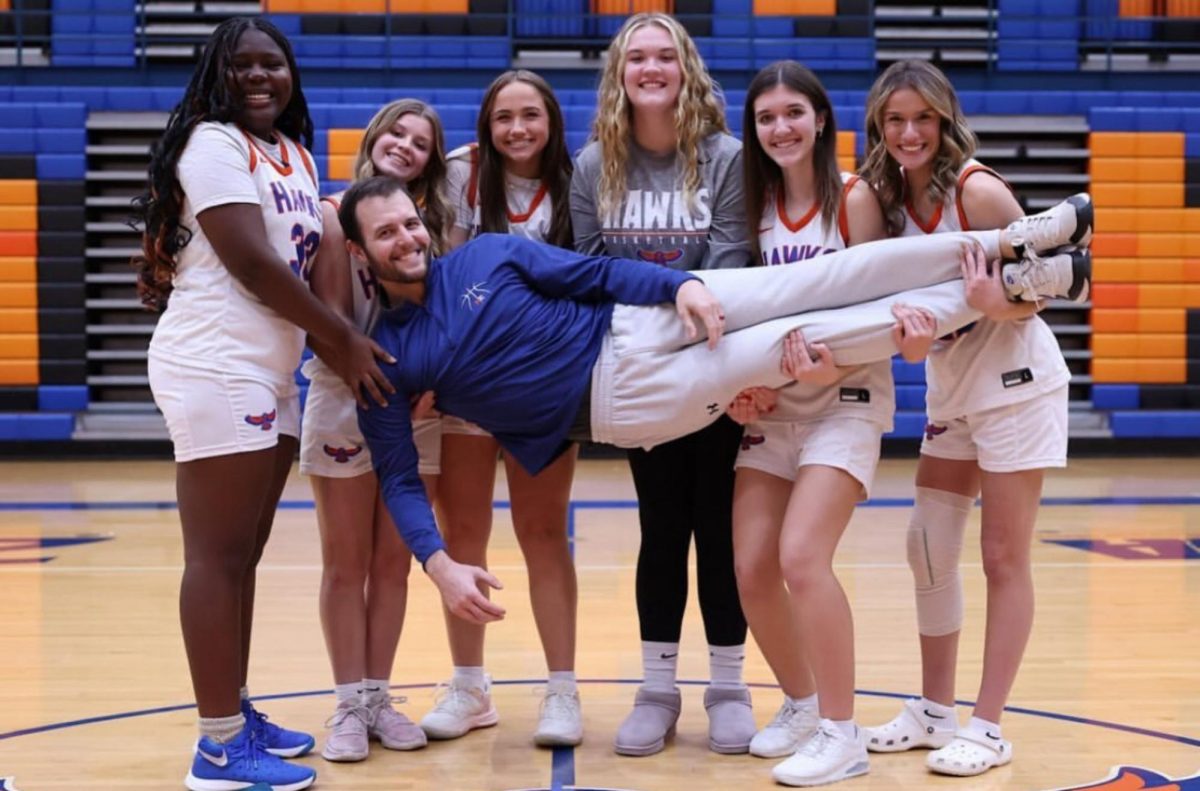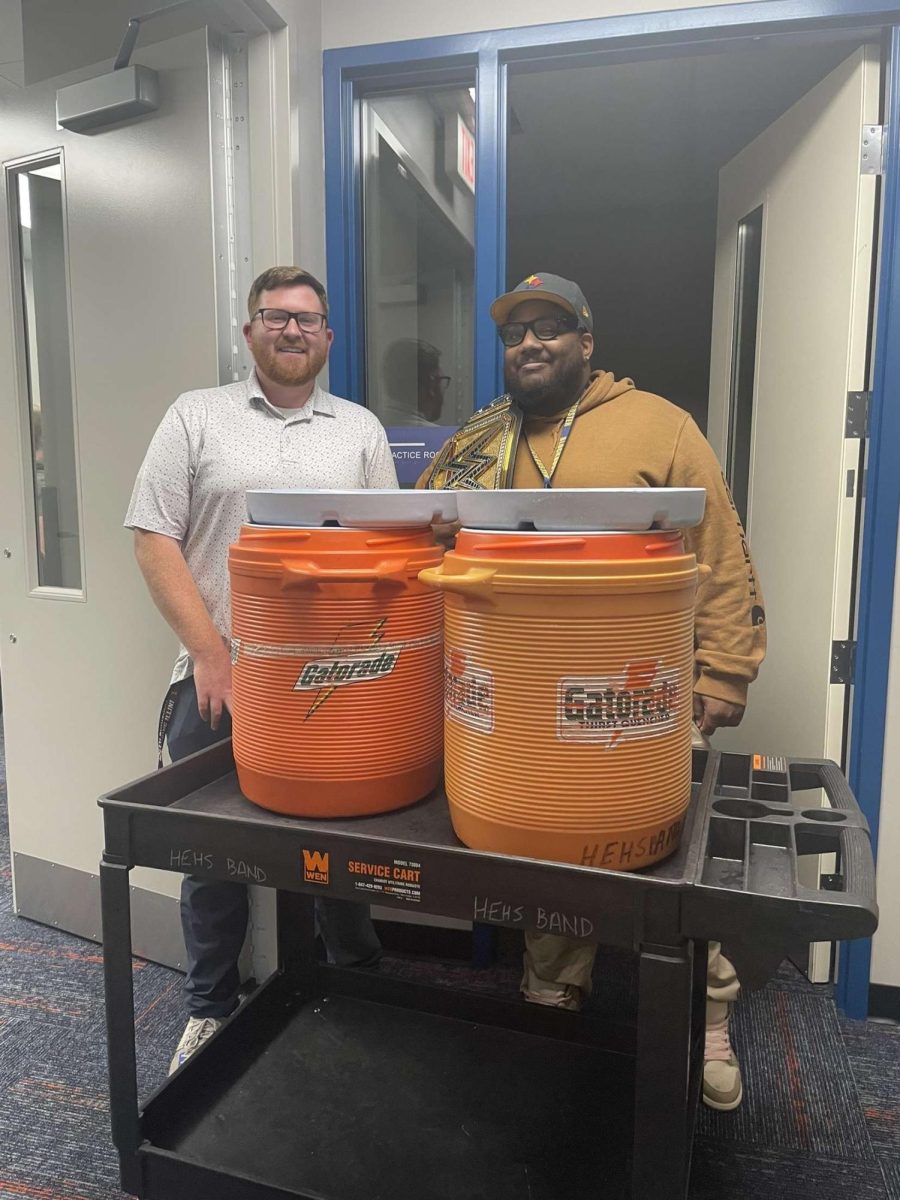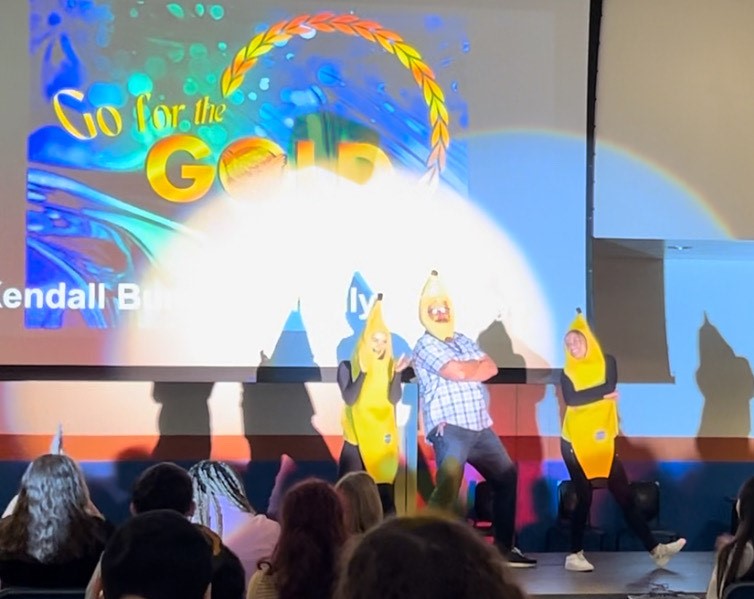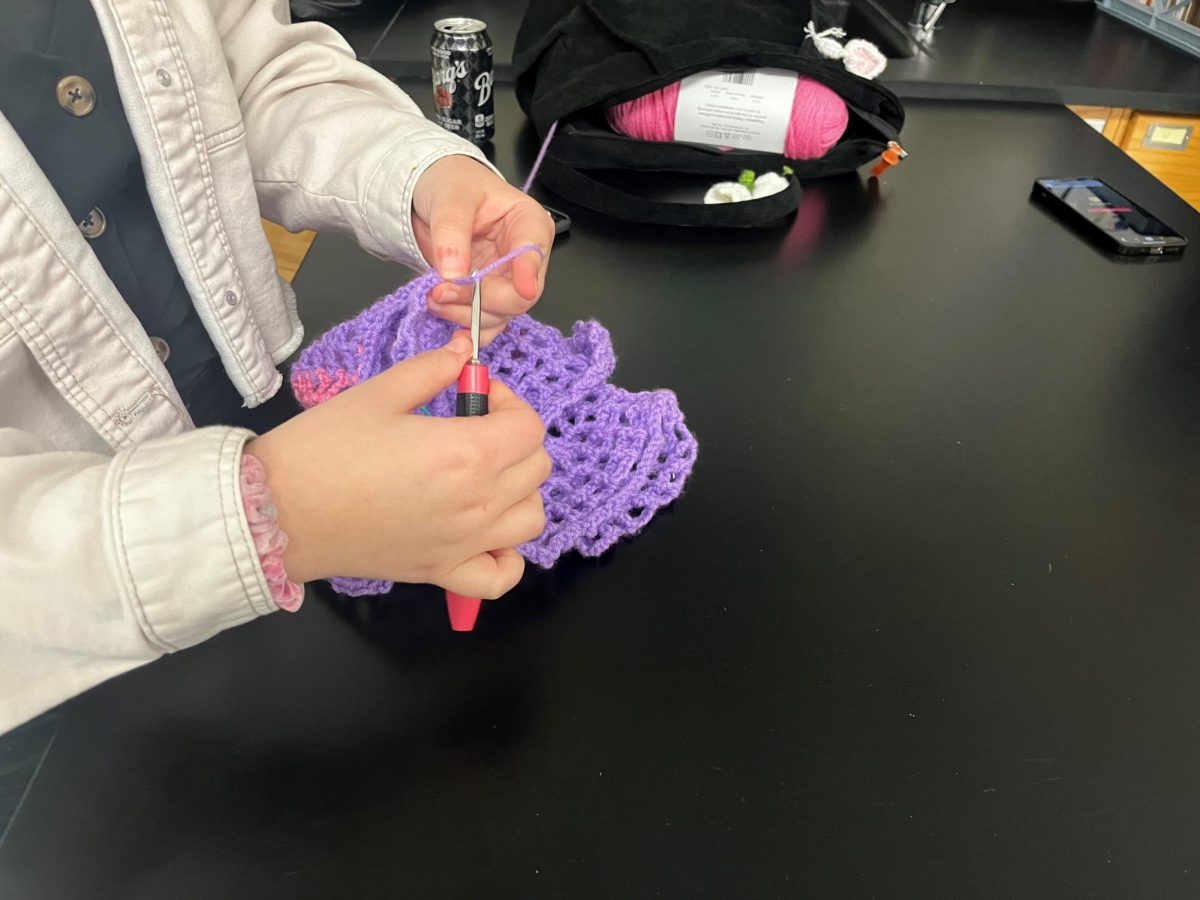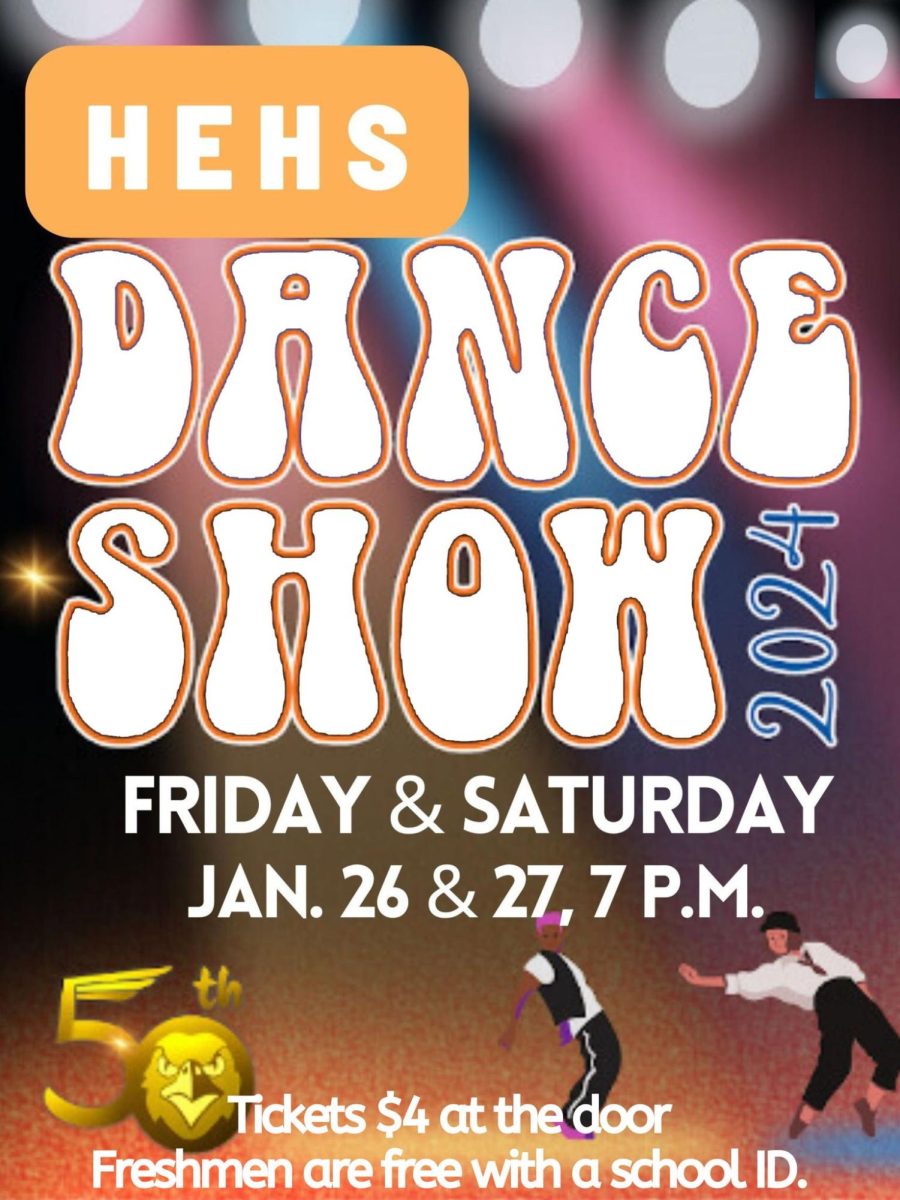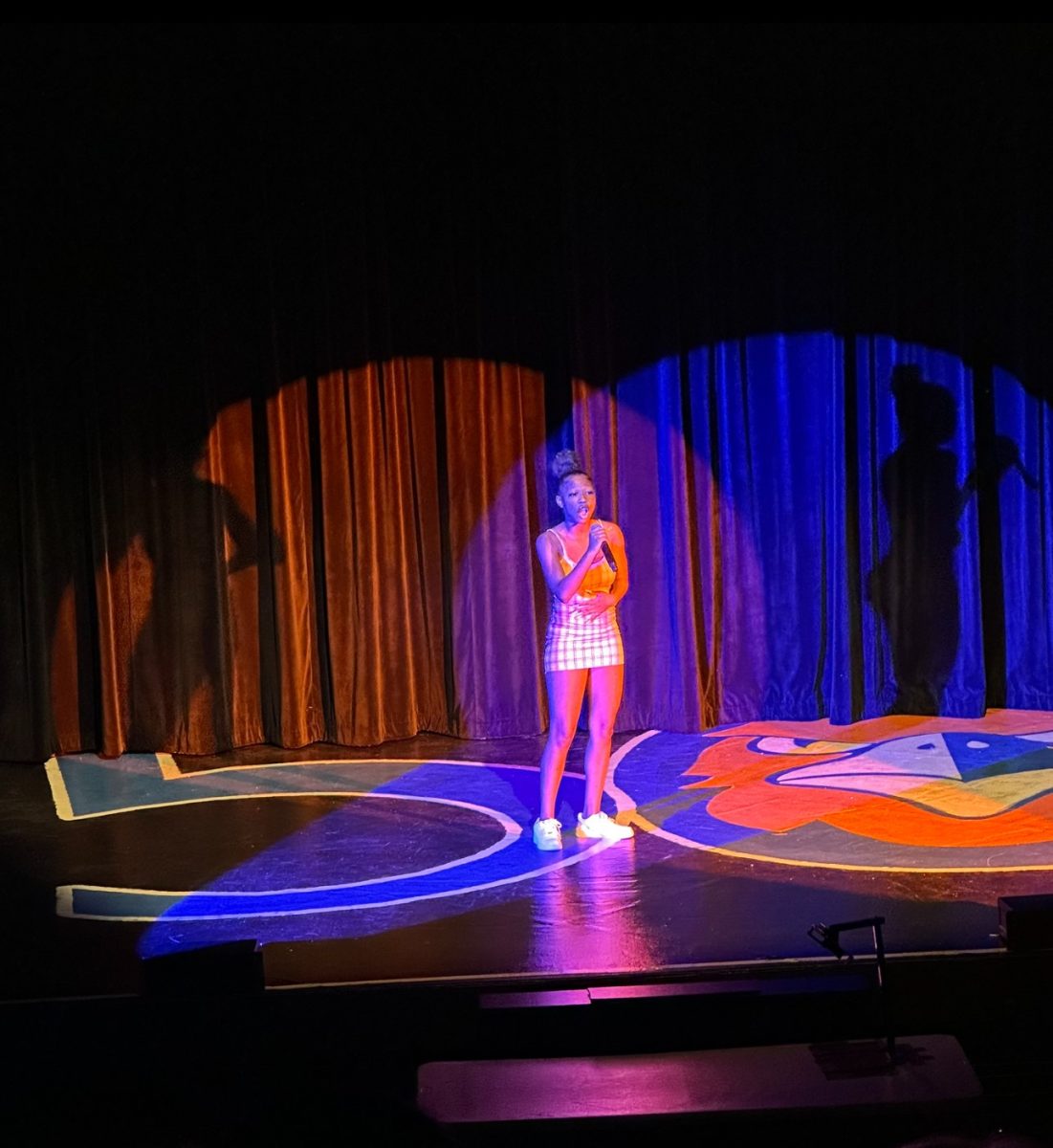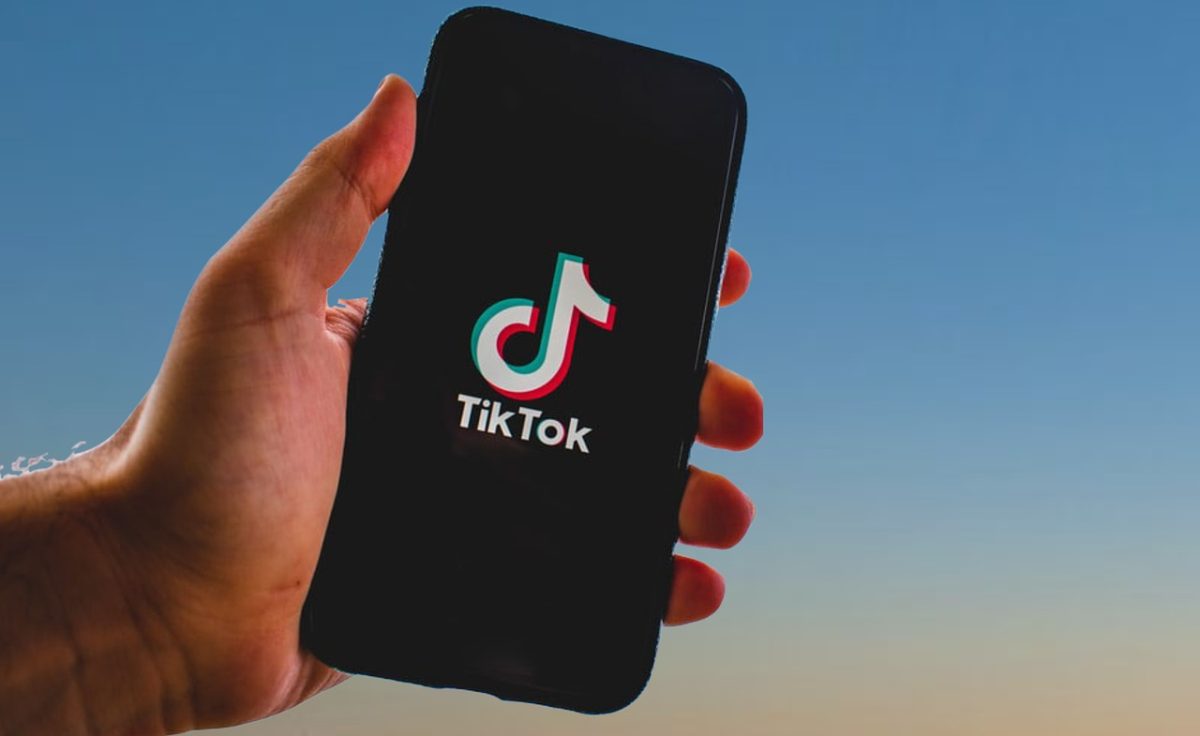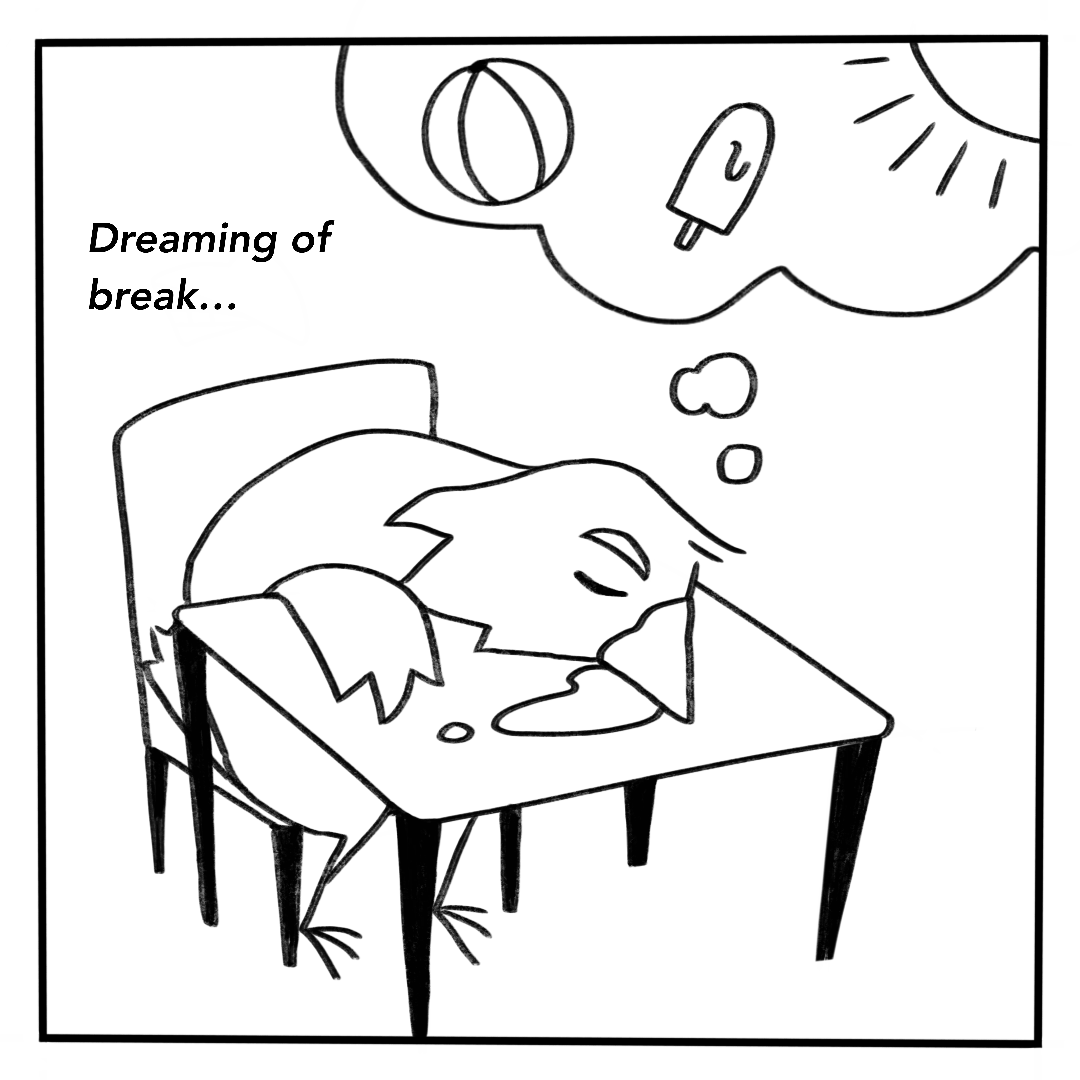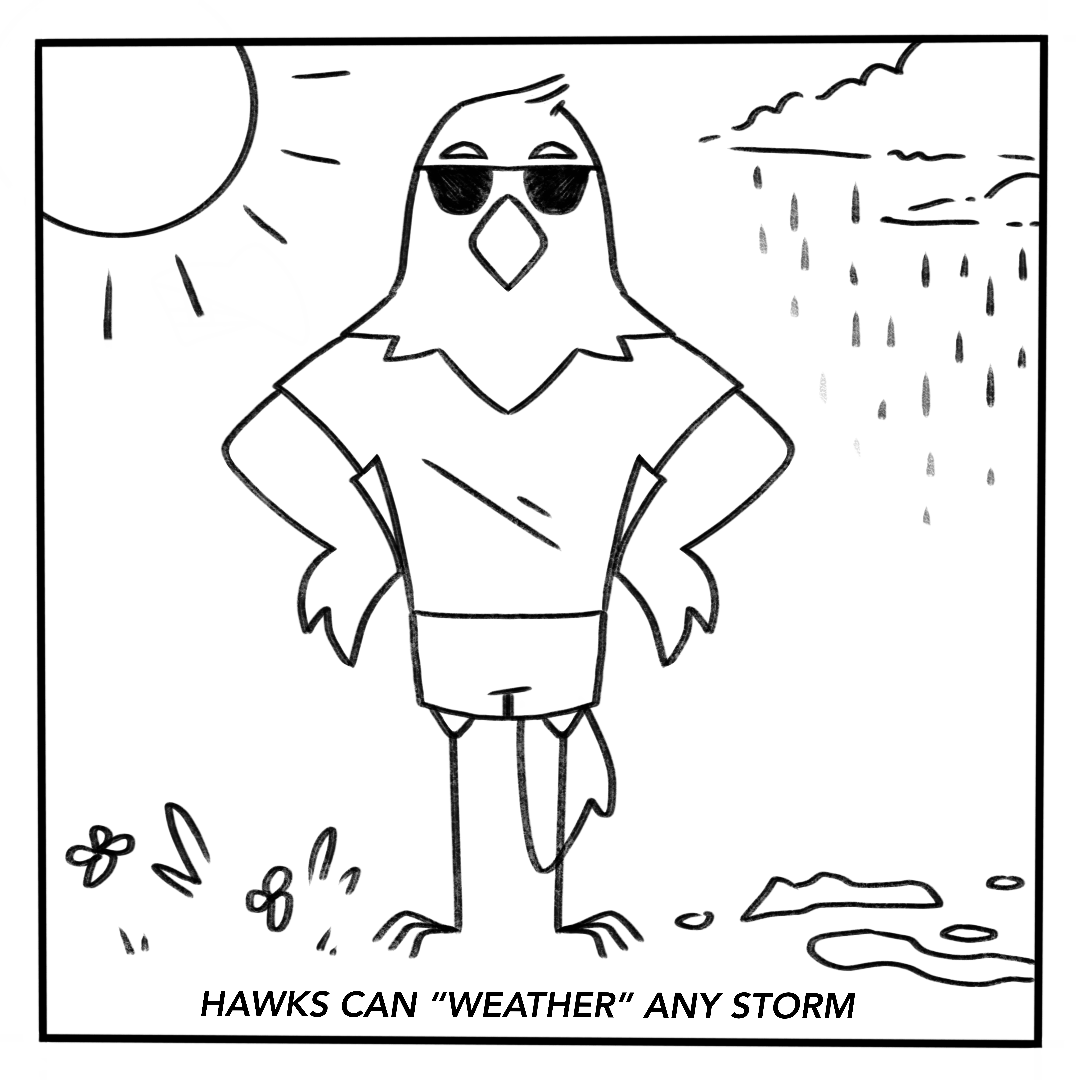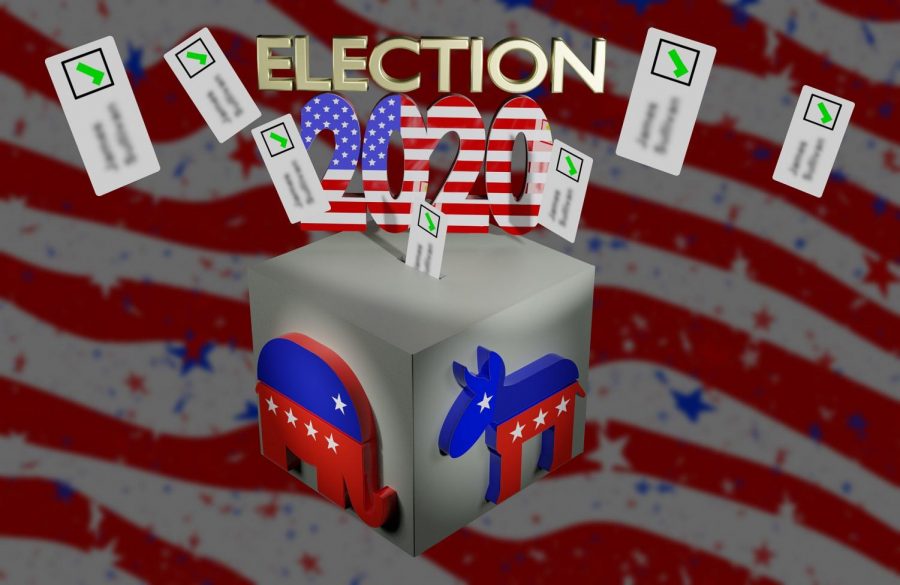Election 2020: Those who cannot vote still find ways to make a difference
November 3, 2020
Many HEHS hawks have been surrounded by an influx of political information in the digital age. Teenagers now, more than ever, are fully immersed in the political scene by sharing and receiving information through various online sources.
“I would say this is the most important election in modern history, and if it swings the way I don’t want it to swing, it will hurt so many people. So, as I’ve gone through my journey of becoming politically invested, I have started to look at sources that are reputable, but also don’t have big flashy headlines,” said Arianna Hanley, junior. “It’s taken me a long time to not pay attention to flashy headlines and try to better understand specific policies and legislation that candidates have put in place.”
Teenagers are constantly exposed to information online, whether it’s from social media, or research they’ve done on their own. Many teens have been creating political posts or reposting information from other creators, which has led to an influx of material that Hoffman students see every day.
“You have to be so careful about where you’re looking, and you have to be really specific with what you’re looking for when doing research. I’m always very specific when looking up the candidates’ policies, for example. Although they try to make themselves look good, I do reference the candidates’ websites for information,” said Hanley.
Aside from researching information about the election, students are also exposed to various perspectives on social media platforms, with one especially prominent platform being TikTok. Hawks also share their varying opinions about the political information that shows up on their TikTok page.
“I like it [political content on TikTok]. I think that people need to be informed. I think that (what I see at least) is good for educational purposes. TikTok is definitely not the best way to stream media and all that. But, for the most part, yeah, what I see at least is pretty good,” said Joshua Lim, junior.
No everyone agrees.
“I don’t really like it [political content on TikTok] that much because there’s already a bunch of it on Snapchat stories and Instagram. So, I like to go on TikTok to get away from all that,” said Himanshu Kalani, junior.
Aside from where she receives information, Hanley also explains how she wants her voice to be heard and isn’t shy about sharing political information online. She describes how other students who aren’t of voting age can get involved as well.
“I talk a lot, and I always talk about things that I learn and my opinions. I don’t feel comfortable with not talking. The fact that I am able to say something and form my thoughts so I can put them out into the world for everyone to see is one of my strengths, so why am I not going to utilize it? I also have conversations with people who are of voting age,” said Hanley.
Hanley appreciates being able to contribute in some way that’s not necessarily voting, but is still something that has a huge impact — like joining community groups or youth led groups that are trying to make an impact in the community. Although these groups are not necessarily political, there are a lot of things that these groups practice that are political in a sense.
“Making small impacts is a huge deal because I think, even at this point, you are doing more than what people would expect from you and it’s fulfilling and rewarding and you feel like things could get better no matter which way you lean,” she said.
In the digital age, teenagers are exposed to more political content than ever before, and there is a continuous cycle of creating, receiving, and reposting. The information comes from a wide array of sources from candidates’ websites to TikTok, and many students feel as though this information is crucial to the circulation of the discussion around politics and our nation’s future.
